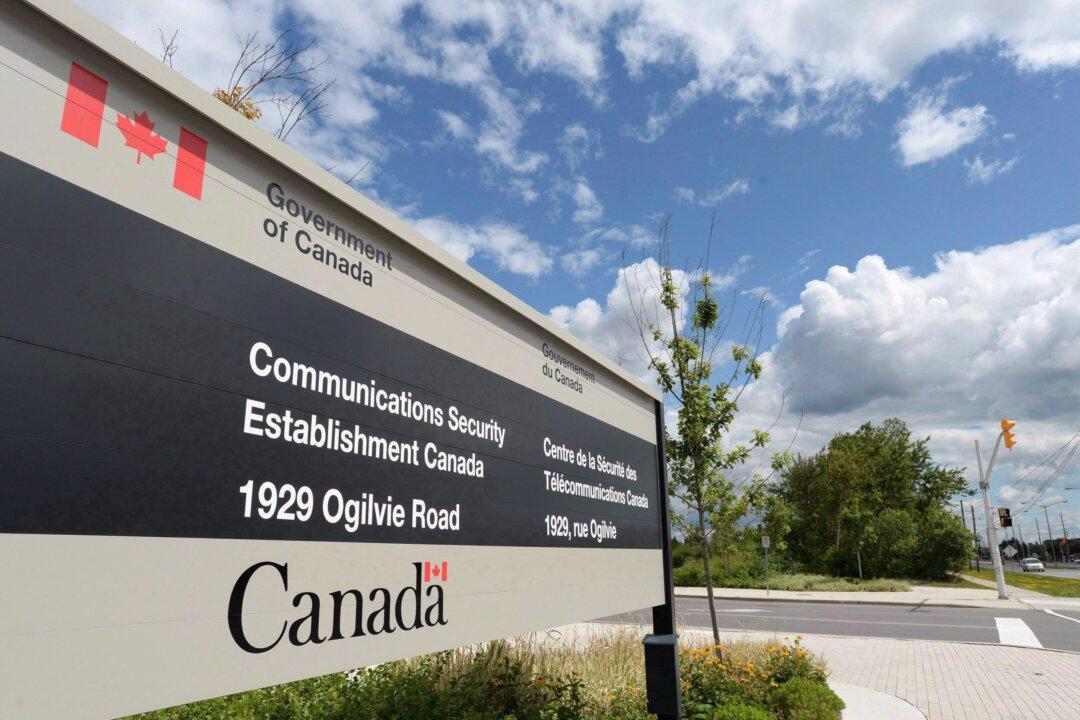Canada was targeted by the same group of Chinese hackers currently facing widespread condemnation for cyberespionage against the United States and the United Kingdom, reported Canada’s electronic intelligence agency.
On March 25, the United States sanctioned the group known as Advanced Persistent Threat 31, or APT31, identified by the U.S. Justice Department as part of a Chinese Ministry of State Security cyberespionage program. The U.S. department has charged seven individuals associated with the group, which has allegedly spent approximately 14 years targeting both U.S. and foreign critics, businesses, and political officials.





